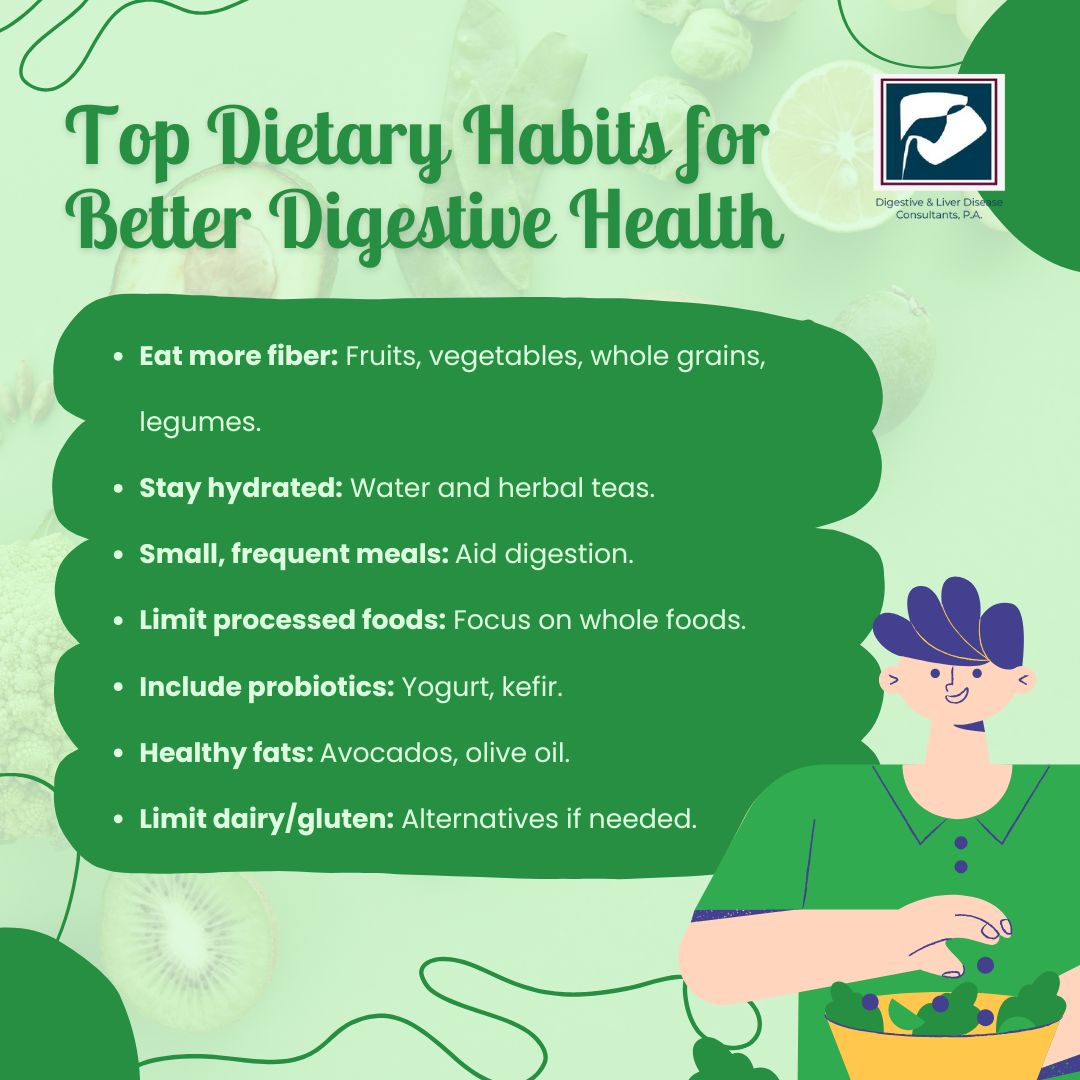Your liver is often called the body’s powerhouse. It detoxifies harmful substances, produces vital proteins, and helps regulate metabolism. But did you know your liver also plays a critical role in your immune system? This organ works tirelessly to keep your body healthy by fighting infections, balancing immune responses, and preventing diseases. Let’s explore the fascinating connection between your liver and immune system.
The Liver’s Role in Immunity
Your immune system is your body’s defense mechanism against harmful invaders like bacteria, viruses, and toxins. While most people associate immunity with white blood cells and lymph nodes, the liver is equally important.
Here’s how your liver contributes to immune health:
Filter and Defender
The liver acts as a natural filter. Blood from the digestive system passes through the liver, where it removes toxins, bacteria, and other harmful substances. Special immune cells in the liver, known as Kupffer cells, destroy these invaders to protect your body.
Immune Protein Production
The liver produces critical proteins, like complement proteins, which help your immune system recognize and attack harmful microbes. It also produces acute-phase proteins that help combat infections and inflammation.
T Cell Regulation
Your liver regulates the activity of T cells, a type of immune cell that identifies and attacks infected or abnormal cells. By managing their activation, the liver ensures your immune system targets threats without overreacting, which could lead to autoimmune diseases.
Tolerance to Friendly Substances
Unlike some parts of the immune system, the liver recognizes and tolerates harmless substances, such as nutrients and gut bacteria, that enter the bloodstream from digestion. This tolerance is crucial to avoid unnecessary immune responses.
How Liver Problems Affect Your Immune System
When your liver isn’t functioning properly, it can disrupt your immune system and make you more vulnerable to infections and inflammation. Here are some common liver issues and their impact on immunity:
Fatty Liver Disease
Non-alcoholic fatty liver disease (NAFLD) is linked to chronic inflammation. This can weaken your immune defenses and increase the risk of infections or other chronic conditions, like diabetes.
Hepatitis
Hepatitis, an inflammation of the liver caused by viruses, directly affects the liver’s ability to filter toxins and produce immune-supporting proteins. Chronic hepatitis can impair your immune system, making it harder to fight off infections.
Cirrhosis
Cirrhosis, or scarring of the liver, disrupts the liver’s normal functions. This can lead to a condition called immune dysregulation, where the immune system becomes overactive or underactive, increasing the risk of infections.
Liver Cancer
A weakened immune system often accompanies liver cancer, making it harder for your body to detect and destroy cancer cells.

How to Support Your Liver and Immune System
Caring for your liver not only boosts your overall health but also strengthens your immune system. Here are some simple tips to maintain a healthy liver:
Eat a Balanced Diet
Include plenty of fruits, vegetables, whole grains, and lean proteins in your diet. Foods like leafy greens, berries, garlic, and turmeric are particularly good for liver health. Avoid excessive sugar, salt, and unhealthy fats.
Stay Hydrated
Drinking plenty of water helps your liver flush out toxins and supports optimal functioning.
Limit Alcohol
Alcohol can cause liver damage and weaken your immune defenses. If you drink, do so in moderation.
Exercise Regularly
Physical activity reduces fat buildup in the liver and promotes better circulation, aiding both liver and immune health.
Get Vaccinated
Vaccines for hepatitis A and B can protect your liver from viral infections.
Avoid Toxins
Limit your exposure to harmful chemicals, including pesticides, cleaning products, and cigarette smoke, which can strain your liver.
Monitor Medications
Some medications and supplements can harm your liver if taken in high doses. Always consult a doctor before starting a new medication.
When to See a Doctor
If you experience symptoms like persistent fatigue, jaundice (yellowing of the skin or eyes), abdominal pain, or swelling, it may indicate liver problems. These symptoms can also signal a weakened immune system.
Conclusion: A Powerful Duo
Your liver and immune system work hand in hand to keep you healthy. By supporting your liver with a healthy lifestyle and regular check-ups, you also strengthen your body’s natural defenses against diseases.
If you’re experiencing symptoms of liver issues or want to learn more about maintaining a healthy liver, contact DLDC today. Our experienced specialists are here to help diagnose, treat, and guide you toward better liver and immune health. Don’t wait—your health starts with your liver!






